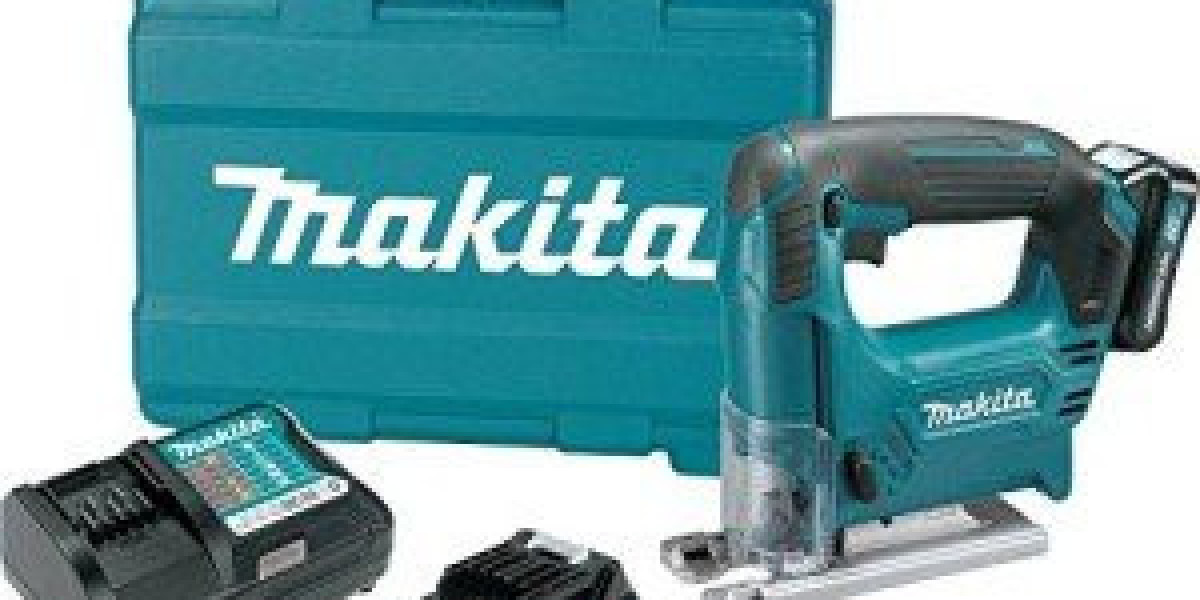Suitcases are essential travel companions, but frequent use can lead to wear and tear. Before discarding a broken suitcase, consider repairing it. Whether it’s a stuck zipper, broken wheels, a cracked shell, or a torn handle, most issues can be fixed with some simple tools and a bit of effort. This guide walks you through the most common suitcase repair problems and how to repair them.
Table of Contents
Common Suitcase Problems
Tools Needed for Suitcase Repair
Repairing Zippers
Fixing Wheels
Replacing Handles
Repairing Cracked or Broken Shells
When to Replace Instead of Repair
Maintenance Tips to Prevent Damage
Conclusion
1. Common Suitcase Problems
Before jumping into repairs, it helps to identify the typical issues that affect suitcases:
Jammed or broken zippers
Cracked or dented hard shells
Torn fabric in soft-sided luggage
Broken wheels or axles
Damaged or missing handles
Faulty locks
Each of these problems can affect the functionality and convenience of your luggage.
2. Tools Needed for Suitcase Repair
To fix most suitcase problems, you’ll need a few basic tools:
Screwdrivers (Phillips and flat-head)
Pliers
Replacement parts (wheels, handles, zippers)
Super glue or epoxy
Sewing kit (for soft-sided suitcases)
Heat gun (for hard-shell repairs)
Lubricant (e.g., WD-40 for zippers and wheels)
3. Repairing Zippers
Zipper problems are the most common suitcase issue. Solutions include:
Fixing a Jammed Zipper
Rub a graphite pencil or bar of soap along the teeth.
Use a gentle tug with pliers if it’s stuck on fabric.
Replacing a Zipper Slider
Remove the old slider with pliers.
Slide on a new one and clamp it closed.
Repairing Separated Teeth
Use pliers to gently press the teeth back in alignment.
If broken, consider replacing the entire zipper or using a zipper repair kit.
4. Fixing Wheels
Wheels endure a lot of wear, especially on rough surfaces.
Inspect the Wheels
Check for cracks, flat spots, or wobbling.
Replace Wheels
Unscrew the damaged wheel.
Attach a compatible replacement, ensuring the wheel spins freely.
Lubricate
Use silicone spray or WD-40 to reduce friction and noise.
5. Replacing Handles
Handles often break under heavy loads.
Types of Handles
Telescoping handles
Fixed side or top handles
How to Replace
Unzip the lining to access internal screws.
Unscrew and remove the damaged handle.
Install the new handle and reassemble.
6. Repairing Cracked or Broken Shells
Hard-shell luggage can crack when dropped.
Minor Cracks
Use epoxy glue to seal the crack from inside and outside.
Reinforce with duct tape or a plastic patch if needed.
Major Damage
Consider replacing the panel or seeking professional repair if the structure is compromised.
7. When to Replace Instead of Repair
Sometimes, it’s not worth fixing a suitcase:
Cracks that affect the integrity of hard shells
Multiple broken components
Extensive zipper or lining damage
When repair costs approach the price of a new suitcase
Evaluate the cost-benefit of repairs versus buying a new one.
8. Maintenance Tips to Prevent Damage
Preventive care extends the life of your luggage:
Don’t overpack to avoid zipper strain.
Avoid dragging wheels over uneven surfaces.
Clean zippers and wheels regularly.
Store in a cool, dry place.
Inspect for damage after every trip.
9. Conclusion
Repairing your suitcase not only saves money but also reduces environmental waste. With the right tools and some patience, you can fix most common issues yourself. Whether you’re mending a zipper, replacing wheels, or patching a shell, this guide provides the knowledge needed to restore your luggage and keep your travels smooth. Remember, a little effort can go a long way in extending the life of your suitcase.








